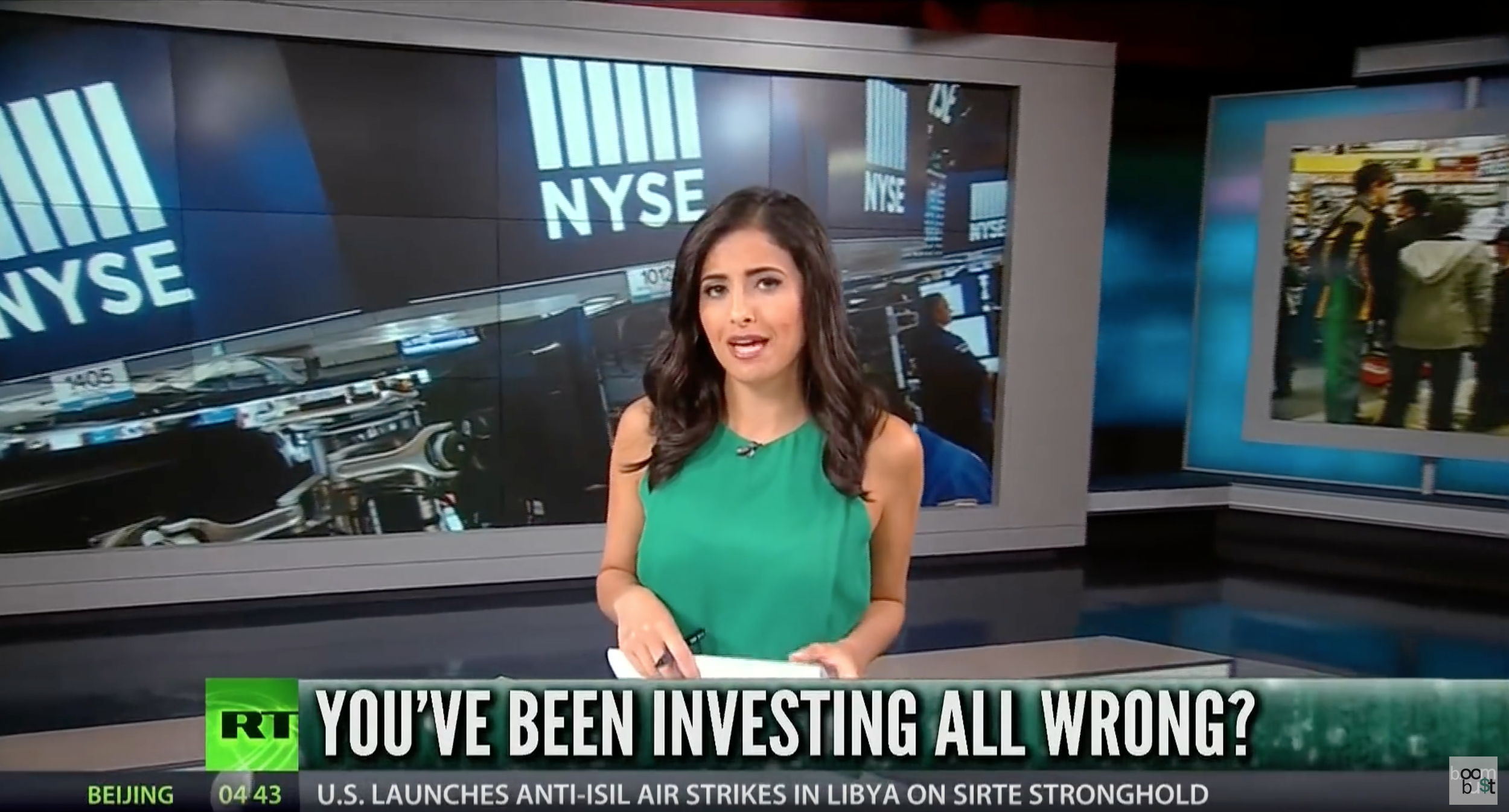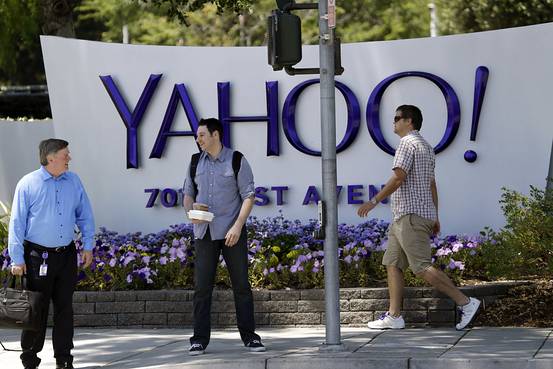
“Everyone’s trying to find a way to maintain market share and also extend themselves in a different way that’s maybe not traditional to retail,” said David LaPierre, a vice chairman with the Global Retail Services Team at CBRE.
Source: What the changing tenant list in Times Square says about retail
A 40,000 square foot NFL store? Foot Locker opening a 36,000 store just for basketball shoes and apparel? a 6,000 square foot Hershey store? In the
Nope, just reacting to the evolving consumer.
Make no mistake about it, these stores will likely make any number-crunching CFO pull what ever remaining hairs they have left out ( we have no data to support that stereotype, but we suspect there are few CFO’s out there that wouldn’t want a better hairline.)
These stores aren’t likely to be big revenue-makers for these companies. Rather, they are what we call the “Experience Economy” and are coming about as a result of two thematics we track at Tematica Research: The Connected Society and Content is King (two of the top performers in our recently release Thematic Index)
The Connected Society, with its always-on broadband networks and connected devices, have transformed many the industry, none more than retailing, led by Amazon (AMZN). Why would anyone go to the mall when you can log into Amazon Prime, find what you want in 2 minutes, have it shipped to you maybe the same day if not max 2 days, pay nothing in shipping and handling, and likely get it cheaper?
When do people go out and shop? When they are bored and want to be entertained, which is why you see the American Mall being transformed into entertainment centers. Movie theaters, restaurants, gaming centers — these are the “stores” dominating the malls these days, providing shopping experiences that are just that, experiences. We would place the Apple Store in that category.
What these retailers are doing to creating “content” — not in the traditional sense of a video, book or article — but creating shopping experiences that extend the brand, and lead consumers to make purchases online.
The NBA was actually a leader in this space, going all the way back to the mid 1990’s when it created the Jam Session experience at it’s All-Star game, the Jam-Van which brought the NBA experience to small towns across America (and even the West lawn of the White House) and the NBA Store on Fifth Avenue.
For a sports league, this strategy made sense. But, now it’s being played out by the likes of Hershey, the most basic of consumer products there is, and many other brands.
When we see multiple thematics converging together — like what’s happening in Times Square — we move to the edge of our seat and take notice.









